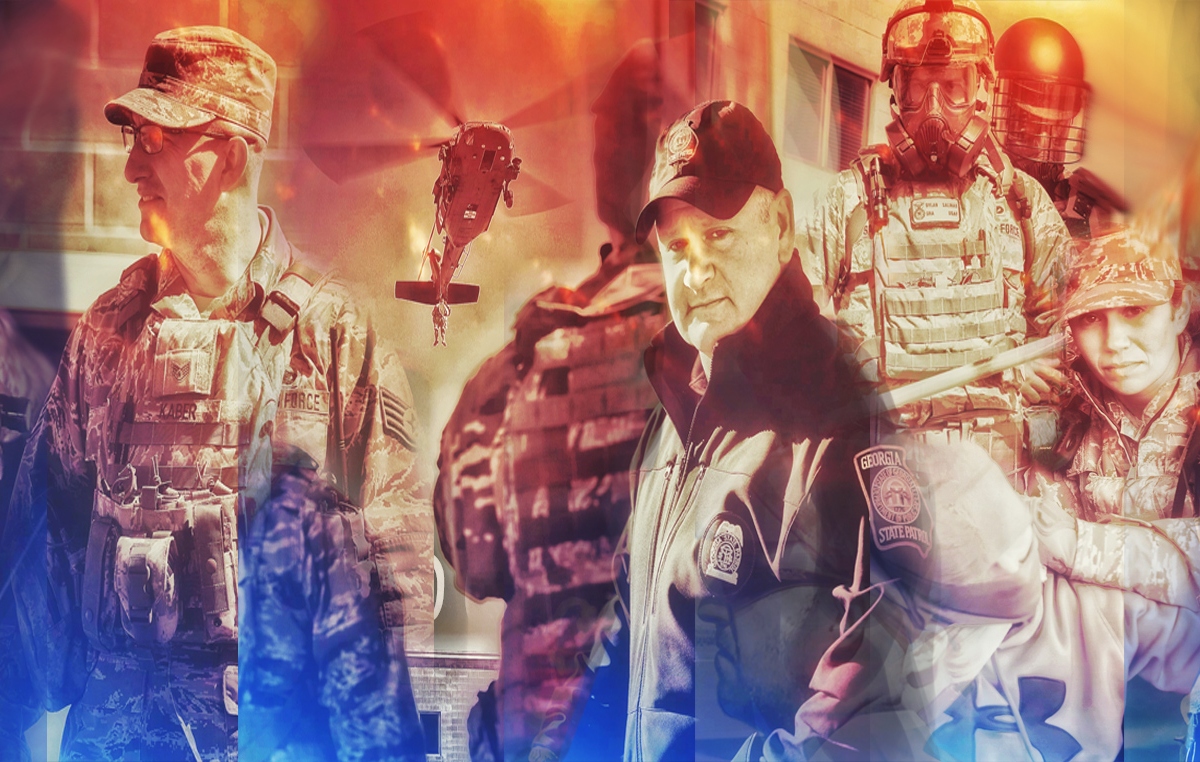The Maze of Life
There have been times in my life and career where I have sat in a professional development seminar or briefing, and the discussion is often made on what success looks like. Normally it is often given with the image example of the line that is not a continuous uphill progression, but rather a line which looks like a mountain scape, where peaks come and then downhills or valleys follow until you find the next uphill climb. The success comes from multiple trials and errors, but when you apply the lessons you’ve learned from those downtrends, you can be brought up to the next level.

The past month however, I came to think not only of this image of the struggle within the pursuit of success, but rather, the maze of life and our careers. There are some individuals who, from early on in their lives see the path forward, and pursue it, and maintain this path until they reach their “finish line”. For others however, we enter our maze of life and find a path to travel down until we find ourselves at our wall. Some of us, in our stubbornness, pride, or belief that this wall is a challenge in need of removal will try to break through the wall. We don’t want to accept the fact that the wall is there or believe we must knock it down. Perhaps this was meant to be, yet out of all the multiple times in my life when I tried to break down the walls, I failed. I spent a vast amount of time and energy to break through the wall and eventually had to turn around in the maze and find a new route to take.
The part about that, is that just because the route I initially took didn’t work out, doesn’t mean it was a lost cause. I now reflect and see the vast amount of knowledge, experience, and insight I’ve gained from taking that path. It allowed me to grow and learn along the way. I take a new path which has new twists and turns within it but am working through those challenges with additional skills and experience to rely on. I then find a new wall in this path, what then? I work to find the next route to take. The entire time through this journey of navigating through this maze I continue to pursue my end goal with passion and purpose. Each pathway bringing me new understanding and allowing me to grow as a person and leader.
If we had the aerial view from above at the very beginning, we could easily choose the “easiest route” to take. We could trace our way to the finish line we seek, but would we learn and grow? No… because it’s the struggle within the maze that builds us stronger, it’s the “walls” and “blockages” which becomes our harshest, but most valuable instructor. As Bruce Lee famously stated, “Do not pray for an easy life, pray for the strength to endure a difficult one”
You may be someone currently in your maze, struggling to come to accept the fact that you’re facing a wall. You may be discouraged with where you find yourself; my challenge to you is the same that Dr. Henry Cloud discusses in his book, “Necessary Endings”, “Is it time for you to make a necessary ending?” Change can be very hard for people, especially when we have so much emotional energy or personal attachment invested in our career, our path within our maze. I would encourage everyone to reflect and ask yourself, “Perhaps I am standing at this wall, because I’ve learned everything I need, and it’s now my time to make a serious change, take a new direction, to move myself further in life through a new path.”
Don’t get lost in the maze, don’t be afraid to make a serious change, keep living life with your passion and purpose, but be flexible with the route you may have to take in order to reach that finish line.






